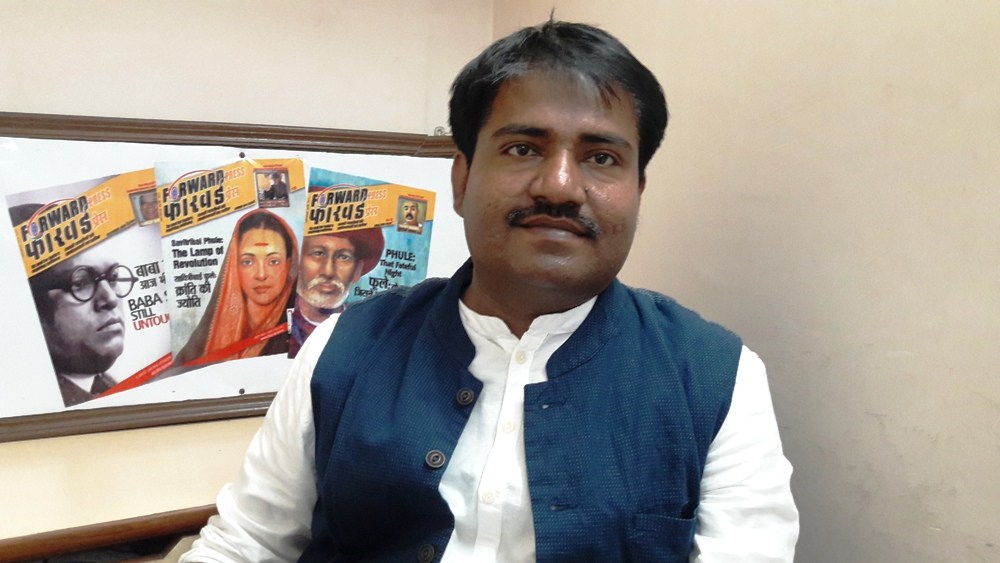Azamgarh and Rampur parliamentary constituencies in Uttar Pradesh had bypolls recently. Pasmandas are in decisive numbers in both the constituencies. Both these constituencies had been considered citadels of the Samajwadi Party (SP). And yet, the Bharatiya Janata Party (BJP) won both. How do you see this?
Let us first try to look at the larger picture. Ruling parties always have an edge in by-elections. There is a great difference between general elections and by-elections. You referred to Rampur and Azamgarh. Yes, it is true that both these Lok Sabha constituencies have been bastions of the Samajwadi Party (SP). The party has been registering consistent wins from both the seats, but now it has lost both the by-elections and the BJP has emerged as the winner. Now, who is ruling the state? Currently, Uttar Pradesh has a BJP government. Many assembly constituencies had elections along with Rampur and Azamgarh. The general trend is that the ruling party has an upper hand in by-elections, especially when they are held within a few months of the formation of the government. In such cases, there is a strong possibility of the victory of the ruling party. I don’t think the BJP’s victory in the polls is unexpected. It is true that the Pasmandas have a substantial population in these two constituencies, but they are not in a majority. It is definitely a big jolt for the SP. But it is too early to conclude that the Pasmandas have abandoned the SP and have jumped onto the BJP bandwagon. Yes, it is true that the Muslims did not come out to vote in as high numbers as they did in the assembly polls. The reason is clear. The assembly elections decide who will form the government in the state. During the assembly elections, the general impression was that the SP was close to victory and might form the government in the state. That filled the SP supporters with great enthusiasm. They came out in huge numbers to cast their votes. Pasmanda Muslims were also among them. As for the bypolls, the voters knew pretty well that the results will have no impact on the government. That is why, the Muslim voters, and even more so the Pasmandas, would not have been very enthusiastic. These people are already on the margins of society. Bread and butter is their prime concern. But I want to reiterate that it would be hasty to conclude that the Pasmandas have parted ways with the SP and have joined hands with the BJP. At least the bypolls outcomes don’t show this.
READ THE FULL ARTICLE HERE: Prof Sanjay Kumar: Rohini Commission needs data from a caste census to submit its report





